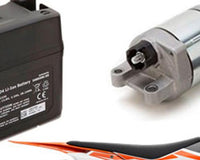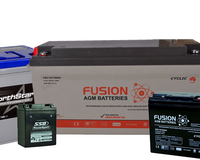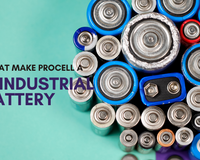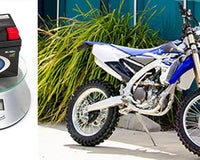Table of Contents
Solar panels have been used for decades to provide an alternative energy source, and the number of homes with solar panels is steadily increasing. Solar power has many advantages over other forms of energy production, but it also has disadvantages that must be considered before making an investment in solar panels.
In this blog post, we'll go into detail about the pros and cons of using solar power to find out if it's right for your home.

Taking Advantage of Solar Energy
The sun is a great source of energy and solar panels convert this light into electricity that we can use to power our homes.
Since everyone wants an affordable but clean option with no outages or blackouts when they need their lights on during storm season, solar has become increasingly popular.
In addition, people are finding ways on how to save money in this tough economic time so it's really favorable to invest in something cost-effective and at the same time environmentally friendly.

Pros of Solar Power
- Solar energy is free. Once the initial investment in setting up solar panels has been made, there are no ongoing costs associated with producing electricity from the sun's rays
- Does not produce any harmful byproducts like many other forms of energy production do
- Being able to rely on a stable energy source that is unaffected by changes in the economy will give you peace of mind
- Does not emit greenhouse gases or other pollutants to contribute to air pollution and climate change, helping improve public health
- Does not require any fuel for generation, making it a reliable and sustainable energy source
- They are easy to install. Once you decide where the solar panel will be set up, they can be connected together to form an electricity grid that is connected directly into your home's wiring system.

Cons of Using Solar Panels
- May not be suitable for everyone around the world because some areas receive very little sunlight
- Does not provide consistent energy output compared to other forms of energy production like coal or natural gas plants which are more stable options. Solar panels are affected by changes in the weather which makes it difficult to rely on as a consistent energy source
- Requires ongoing maintenance to ensure that they keep working properly over time
- Can be aesthetically displeasing if not installed correctly or where homeowners do not want them. Solar panels may block views or be a visual eyesore on some homes, depending on where they are installed
- May require a dedicated power source to ensure that they can produce electricity even when the sun isn't out. This means that you must have an alternative energy source in place for cloudy days or at night, which can be costly and inconvenient.

Is Your Home A Good Fit for Solar Panels?
Solar panel installations are only expected to keep rising over the next few years. They're becoming more popular with homeowners for their many advantages and while they might be desirable, your home has an important condition that needs consideration before investing in them: does it have enough bright sunlight all day long?
Before purchasing any kind of energy-producing device or a system like solar panels there is always some research required about how much electricity these devices will produce on average per hour based on one specific measurement period (e.g. morning, noon, and evening).
Listed below are three factors for determining whether or not going with solar power would work well in yours.

#1 Check Your Roof
When you think about it, your roof is a big deciding factor in the power output from solar panels. A north or northwest-facing angled roof will provide better results than one that faces South (If you're on the Southern hemisphere) because they receive more light which means a lesser need for additional batteries when generating excess energy.
In addition, it's important to find the right location for solar panels. If you have shaded areas over your roof, it may be difficult for the panels to be effective and efficient at generating electricity. The installers should be able to pinpoint the problem and suggest a proper solution, either by installing the panels in an appropriate location away from the problem area or removing the object that's blocking the sunlight.
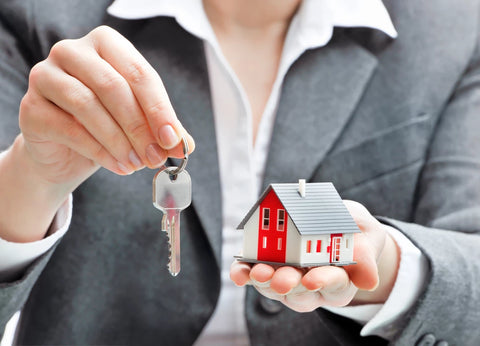
#2 Do You Own the Property?
The other biggest factor in determining whether you are a good fit for solar is the type of home you live in. If you own the property, then there shouldn't be any problem installing them on-site. But if not and instead you rent an apartment with other people living above yours, then things may become more difficult depending upon how each individual property operates.

#3 Your Energy Usage
If living with high electricity rates is something that has been holding you down, then switching over to solar power is an option worth considering because it can lower utility bills significantly and help reduce greenhouse gas emissions by generating clean energy from sunlight during peak hours.

Conclusion
The cost of installing solar panels can be prohibitive for some people, so it's important to know what you're getting before making the purchase decision.
However, for many, solar panels are an easy way to cut their utility costs and reduce the carbon footprint so it's worth the investment in the long run so long as your house is a good fit for solar panel installation.





